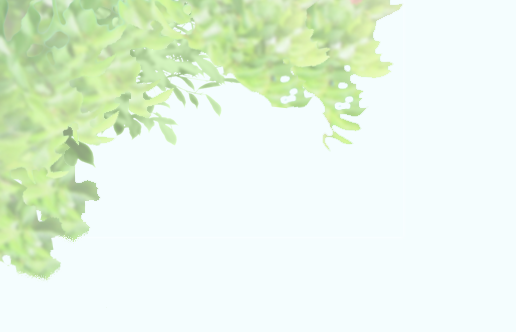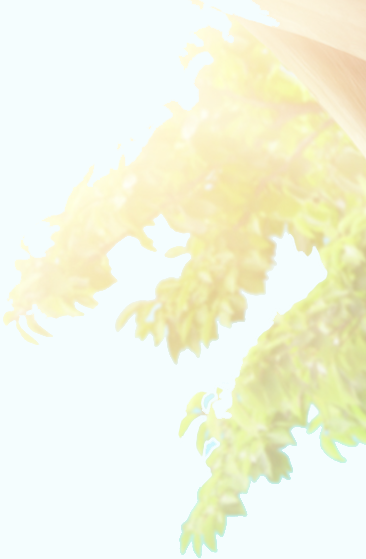

Mogicはかんがえる
『自分たちの好きなように会社を作っていけばいい。
他と違ってても、普通じゃなくても、信じられることをやっていく。
信じられること、それって案外と少ないものですから
そう、本当に愚直に、率直に、真摯にそれを探してきたんです』
2023.05.08
好奇心とは何か?
好奇心(を持つ)とは何か?と調べてみると、一説には「あらかじめ想定したことと実際起きたことがズレていた場合に、埋めたくなる気持ち」とあります。
たしかに本当はこうなるはずだったんだがおかしいなと思うと、とりあえず原因や状況を調べたくなります。
ここで敢えて、反対の意味を考えてみます。
つまり、好奇心を“持てない”とは何か?ということです。
一見必要なさそうですが、意外にもよく聞かれる質問だったりします。
そうすると、一番最初の定義の反対になりますから「あらかじめ想定したことと実際起きたことがズレていない」か、「そもそも、あらかじめ想定できていなかった」ことが出てきます。
ズレがなければ何も調べる気持ちは起きないのでそこは排除して、もう一つの「あらかじめ想定できていなかった」ことに絞りますと、なぜ想定できないのかという話になります。
そりゃ、想定できないのは「その状況に対して、ほとんど何も知識がないから」となってきます。
最低限の知識がなければ、これから起きるパターンの想像は難しいでしょうから。
かといって、知らないものを覚えるのはなかなか骨が折れます。
となってくると、好奇心を持つには基本的な知識を自然と覚えられる環境であればベターだなあと思うにいたります。
好奇心を持つこと自体が目的ではありませんから、別に目指してるわけではないのですが、みんながワクワクしていた方が面白いかなと思って、知らないことに触れられる仕掛けばかり作っています。
最新記事
代表インタビュー
月別アーカイブ
- 2025年11月
- 2025年10月
- 2025年09月
- 2025年08月
- 2025年07月
- 2025年06月
- 2025年05月
- 2025年04月
- 2025年03月
- 2025年02月
- 2025年01月
- 2024年12月
- 2024年11月
- 2024年10月
- 2024年09月
- 2024年08月
- 2024年07月
- 2024年06月
- 2024年05月
- 2024年04月
- 2024年03月
- 2024年02月
- 2024年01月
- 2023年12月
- 2023年11月
- 2023年10月
- 2023年09月
- 2023年08月
- 2023年07月
- 2023年06月
- 2023年05月
- 2023年04月
- 2023年03月
- 2023年02月
- 2023年01月
- 2022年12月
- 2022年11月
- 2022年10月
- 2022年09月
- 2022年08月
- 2022年07月
- 2022年06月
- 2022年05月
- 2022年04月
- 2022年03月
- 2022年02月
- 2022年01月
- 2021年12月
- 2021年11月
- 2021年10月
- 2021年09月
- 2021年08月
- 2021年07月
- 2021年06月
- 2021年05月
- 2021年04月
- 2021年03月
- 2021年02月
- 2021年01月
- 2020年12月
- 2020年11月
- 2020年10月
- 2020年09月
- 2020年08月
- 2020年07月
- 2020年06月
- 2020年05月
- 2020年04月
- 2020年03月
- 2020年02月
- 2020年01月
- 2019年12月
- 2019年11月
- 2019年10月
- 2019年09月
- 2019年08月
- 2019年07月
- 2019年06月
- 2019年05月
- 2019年04月
- 2019年03月
- 2019年02月
- 2019年01月
- 2018年12月
- 2018年11月
- 2018年10月
- 2018年09月
- 2018年08月
- 2018年07月
- 2018年06月
- 2018年05月
- 2018年04月
- 2018年03月
- 2018年02月
- 2018年01月
- 2017年12月
- 2017年10月
- 2017年09月
- 2017年08月
- 2017年07月
- 2017年06月
- 2017年03月
- 2017年01月
- 2016年11月
- 2016年06月
- 2016年03月
- 2015年12月
- 2015年04月
- 2014年07月
- 2014年05月
- 2013年06月
- 2013年03月
- 2012年12月
- 2012年05月
- 2012年04月
- 2012年03月
